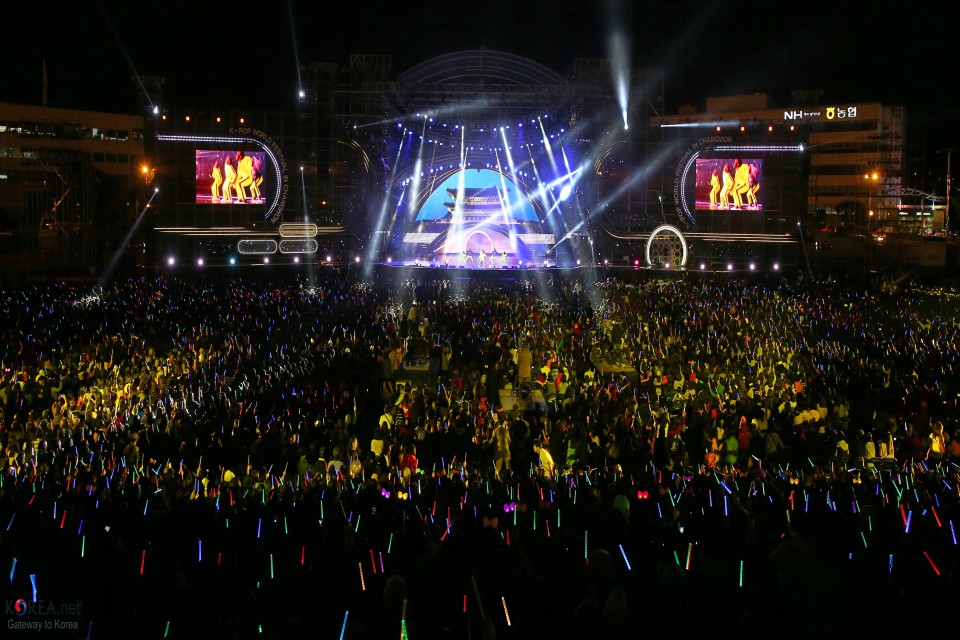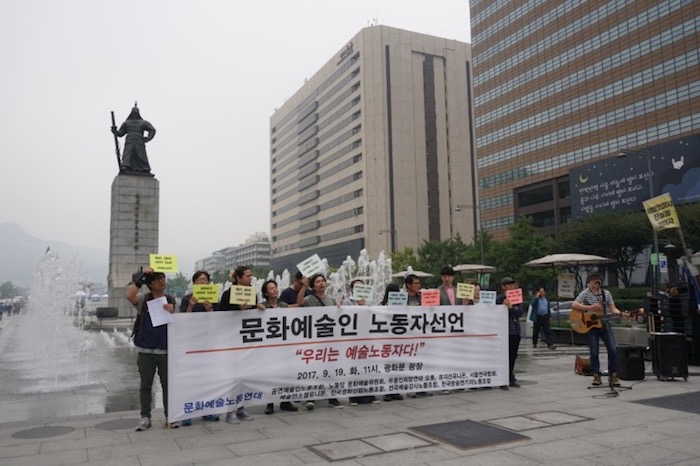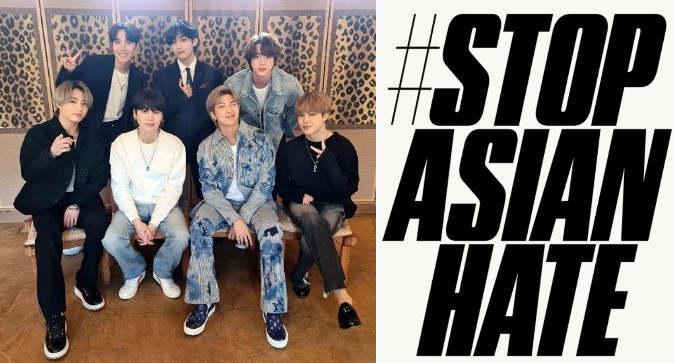
I recently came across a new (well, new to me) K-pop girl band called NewJeans. I was curious about the band because one of its members is Vietnamese-Australian. One of their debut songs, “Cookie,” evoked mature overtones based on the translated lyrics. When I first listened to this song, I felt that it was inappropriate for a K-pop girl band that included minors to sing these lyrics. I acknowledge that translations are not always accurate, but I was also not the only one that noted the inappropriateness of the combination of the lyrics and the age of the members. I felt the song was too mature and sexualized its young members. However, the sexualization of minors in K-pop is not new and abuse of all types has long been a problem within the K-pop industry.
It is true that some forms and varying degrees of abuse are common experiences within all entertainment industries and realistically, in most personal and professional spaces across the world. However, I want to focus on K-pop specifically because of the unique nature in which bands and idols are created. For example, there is a rigorous training process where hopefuls or trainees devote long hours in singing and dancing lessons to make the cut and eventually debut as a member of an idol group. Due to the years-long timeline, auditioning starts at a very young age. If they are able to make it past the auditions, the trainees are expected to leave their parents and live in dormitories that are supervised by the entertainment agencies. Such an environment is ripe for abuses: physical, emotional, and sexual abuse and abuses of power against minor trainees.
It is no wonder that countless articles and exposés from former idols or trainees have shared their horrific experiences. Most recently, the New York Times reported an altercation between a member of a band named Omega X, and an executive of the band’s management agency, Kang Song-hee. The filmed incident showed this executive pushing the member to the ground. When the executive spoke to the press, she denied any wrongdoing and claimed that the member had fallen down himself. Soon after, the members of the band flew back home and sued their agency to be released from their multiyear contracts. They later held a press conference to allege sexual and physical abuse from their agency.
Their story raises concerns of a larger problem plaguing the K-pop industry. Certainly, these problems are not special to this industry but as mentioned above, the unequal establishment of relationships between adult managers and often juvenile members is a dangerous setting where abuses can run rampant. Such unchecked power has resulted in great harm to those who have less.
It is difficult to offer appropriate solutions to abuses of power but awareness of the issue is a significant step to addressing the problem. The industry should do more to learn from experiences of abuse to regulate and offer stronger protections for its current and soon-to-be K-pop idols. Whatever the safeguards may be, it is important that they protect those chasing their dreams.

Artists protest against unfair working conditions at Gwanghwamun Plaza in downtown Seoul, 2017
(By Michelle Nguyen)
(Photo Credits: Jihyun Kim / Korea Exposé)


